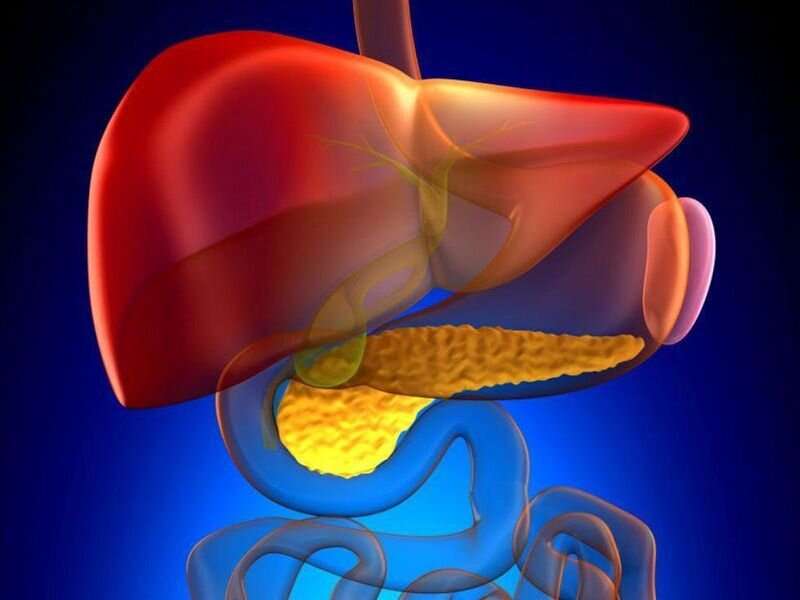
The pooled prevalence of primary sclerosing cholangitis (PSC) is 2.16 percent in patients with inflammatory bowel disease (IBD), according to a review published in the December issue of Gastroenterology.
Brigida Barberio, from the University of Padova in Italy, and colleagues conducted a systematic review and meta-analysis assessing the prevalence of PSC in IBD. Observational studies recruiting ≥50 adult patients with IBD and reporting prevalence of PSC were identified. Sixty-four studies were eligible, with 776,700 patients.
The researchers found that the pooled prevalence of PSC was 2.16 percent in IBD and was highest and lowest in South America and Southeast Asia, respectively. In patients with ulcerative colitis (UC), Crohn disease (CD), and IBD-unclassified, the pooled prevalence rates were 2.47, 0.96, and 5.01 percent, respectively. Significantly higher pooled prevalence was seen in UC versus CD (odds ratio, 1.69). In subgroup analyses according to method used to define PSC presence, the prevalence was highest and lowest in studies performing both liver biochemistry and endoscopic retrograde/magnetic resonance cholangiopancreatography and in studies using a clinical diagnosis (2.88 and 1.79 percent, respectively). Men generally had higher prevalence, as did patients with more extensive versus left-side UC or with ileocolonic or colonic versus ileal CD.
“These data provide the first pooled estimates of the burden of this condition in IBD and can be used to inform future health care planning, as well as to underscore the importance of its detection,” the authors write.
HealthDay

